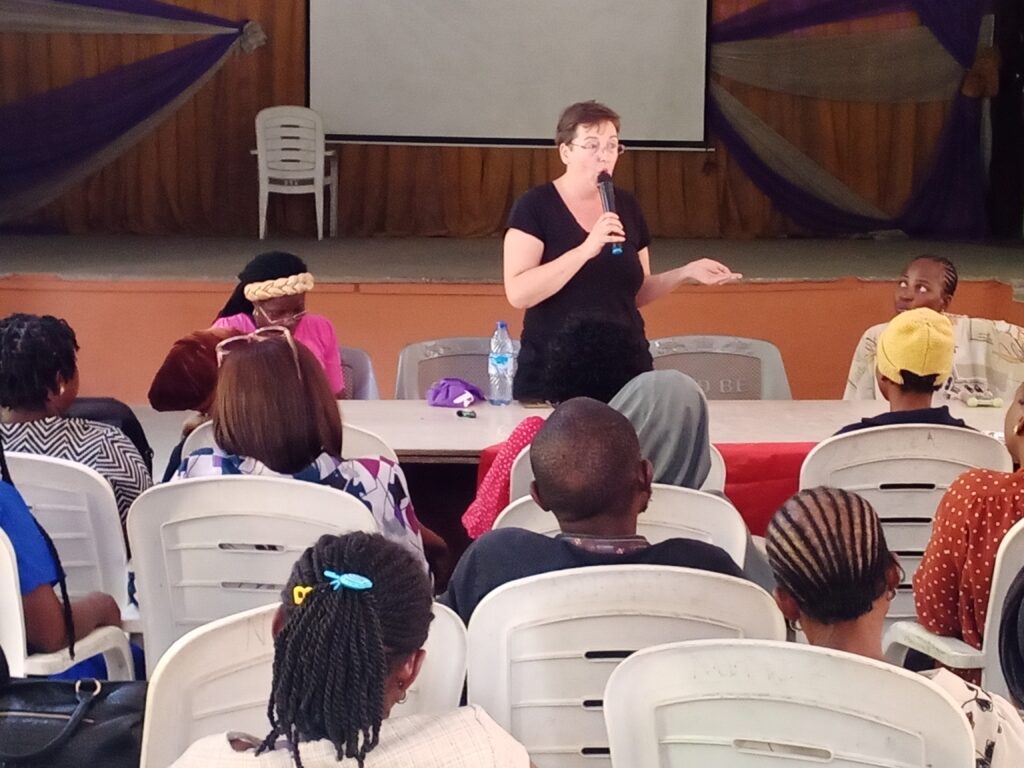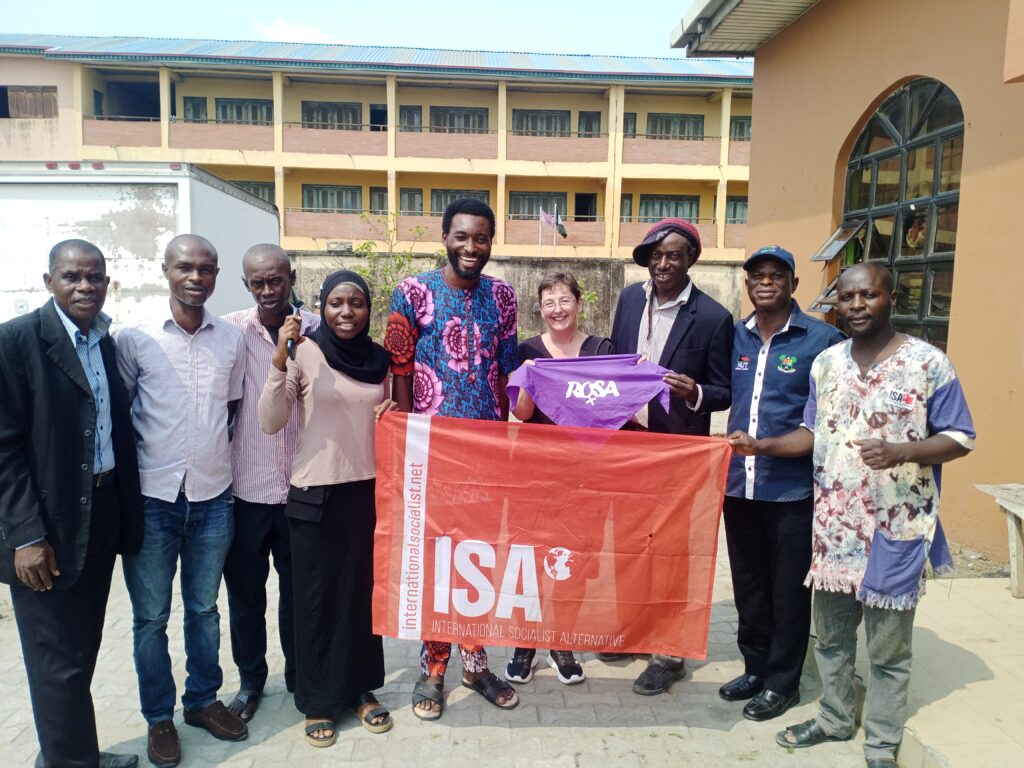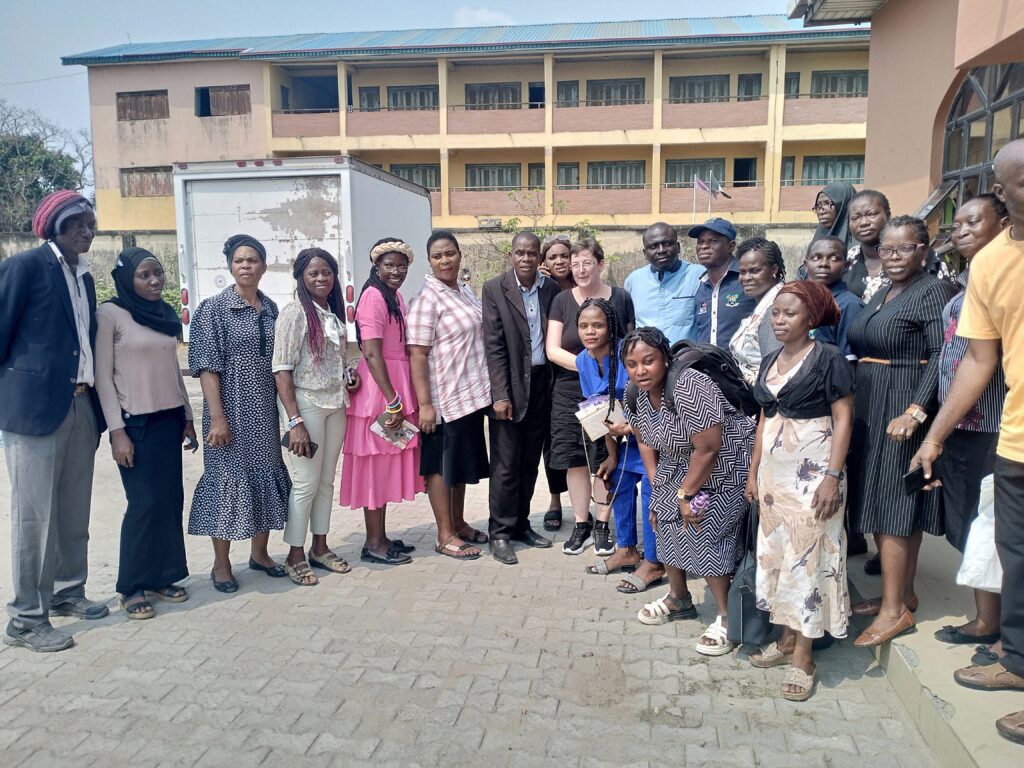Symposium on Women’s Role in Unions and Society:
Symposium on Women’s Role in Unions and Society: A Call for Working-Class Unity
By Jimoh Abibat

On Monday, 3rd February, the Nigeria Union of Teachers (NUT), Ajeromi-Ifelodun branch, in collaboration with the Movement for a Socialist Alternative (MSA), an affiliate of the International Socialist Alternative (ISA), organised a symposium focused on the crucial role of women in shaping society and strengthening trade unions. The event, which commenced at 12:30 pm, brought together over 30 teachers, community activists, and media personnel.
The lead speaker, Comrade Iaanka from the German section of the ISA, a member of the German civil service union, delivered an insightful presentation on the theme “Unions and the Role of Women in Shaping Society.” She highlighted the deep-rooted challenges faced by women under capitalism, particularly their limited representation in trade unions, workplace discrimination, and economic marginalisation. She emphasised that the fight for gender equality cannot be separated from the broader struggle against the capitalist system, which thrives on exploitation and division.

Drawing from international perspectives, Comrade Iaanka compared the struggles of women in Germany and Nigeria, particularly in the face of rising far-right movements that promote racism, misogyny, and anti-worker policies. She noted that women, especially in the working class, face a double burden—both as workers subjected to poor wages and job insecurity and as caregivers shouldering the weight of domestic responsibilities. This, she argued, underscores the need for women to take an active role in union organising and workplace struggles.
Comrade Dagga Tolar, a Socialist and union leader, provided further insight into the peculiar challenges confronting Nigerian women in the labour movement. He underscored the entrenched structural barriers that hinder women’s participation in union leadership, as well as the need for sustained efforts to bridge this gap. The NUT branch executives also made significant contributions, reflecting on the realities teachers face in their workplaces and the need for stronger union mobilisation.
Despite some differences in perspectives, the discussions reaffirmed the urgent need to deepen political education and activism among the working class. Participants agreed that meaningful change would only come through consistent struggles, grassroots organising, and, when necessary, protests and rallies to challenge anti-worker policies.

As part of the next steps, the symposium laid the foundation for a series of future engagements, including a planned mobilisation for International Women’s Day in collaboration with the union. Comrade Ianka encouraged women in the union to actively participate in ROSA (ISA’s socialist feminist campaign), which is committed to fighting all forms of oppression and uniting workers in the struggle for a planned socialist system that prioritises people’s needs over profit.
Aluta Continua!
